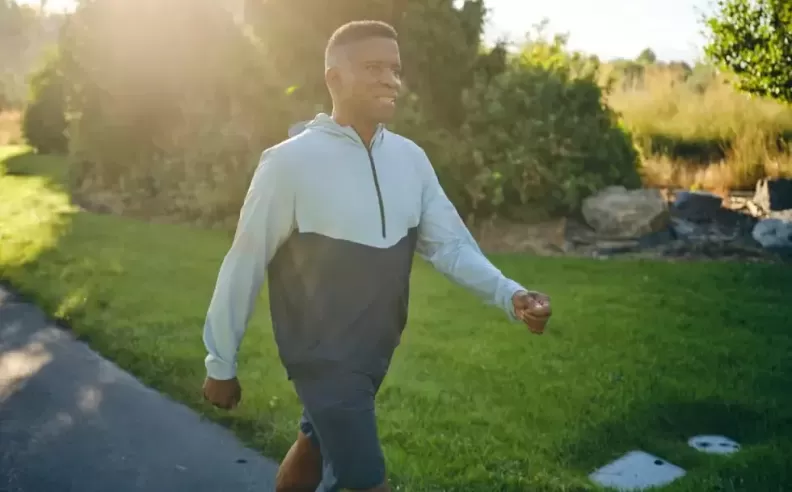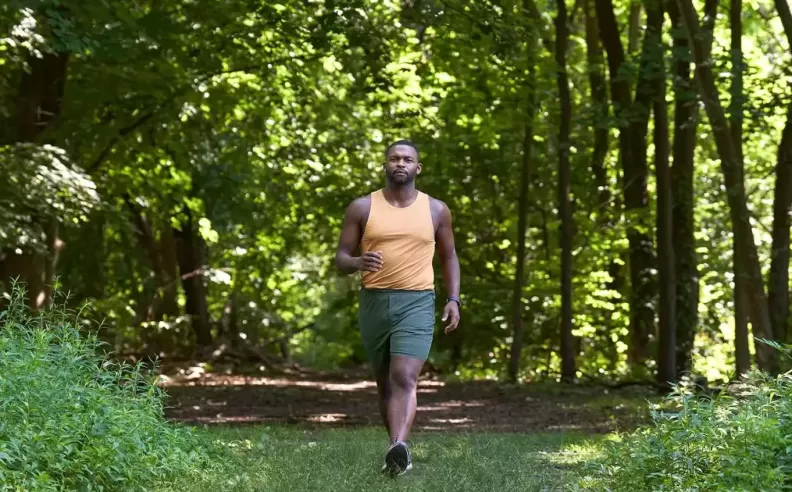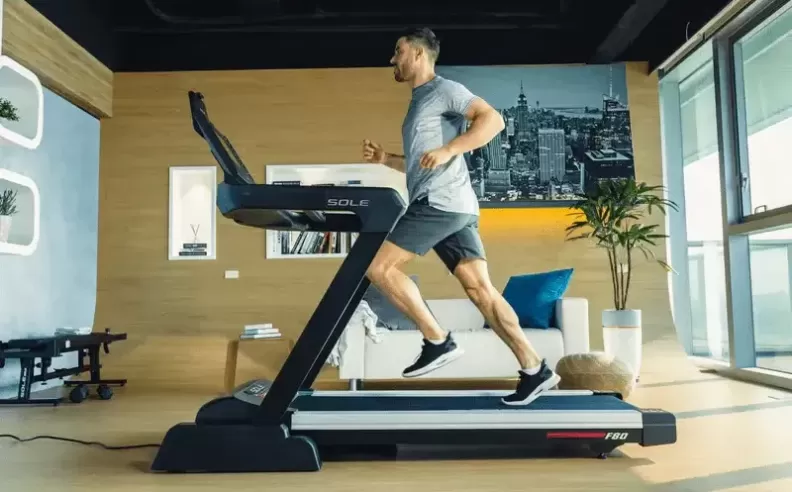
Walking is often underestimated, yet it offers a wide range of health benefits, regardless of the duration. Whether it’s a short 5-minute walk or a full hour of movement, every step contributes to improved well-being. From regulating blood sugar levels to reducing stress, the impact of walking varies depending on how long you stay active. Here’s how different walking durations affect the body and why incorporating them into daily life can be a game-changer.

Even a brief 2 to 5-minute walk after meals can stabilize blood sugar levels, preventing sharp spikes and crashes. A study published in Sports Medicine analyzed multiple trials where participants either walked or remained seated after eating. Those who walked experienced a gradual rise and fall in blood sugar, while insulin levels remained stable.
When the body moves, muscles contract and use glucose for energy, reducing the amount of sugar circulating in the bloodstream. This mechanism lowers the likelihood of excess glucose being stored as fat, particularly around the abdomen. Additionally, walking boosts metabolism and helps regulate hunger hormones, reducing cravings for sugary foods. By integrating short walks after meals, individuals can improve glucose metabolism and potentially manage weight more effectively.

A 10-minute walk can significantly benefit the heart and blood pressure levels. Research from The Journal of Human Hypertension found that participants who engaged in three 10-minute moderate-intensity walking sessions over three hours experienced a noticeable drop in systolic blood pressure. This reduction is crucial in minimizing the risk of hypertension and heart disease.
Beyond cardiovascular benefits, walking for just 10 minutes has been shown to enhance mood and mental well-being. A study in Psychology of Sport and Exercise revealed that participants felt more positive and motivated after walking, even for a short duration. The study also found that regular short walks increase the likelihood of maintaining an active lifestyle, helping people stay consistent with their fitness goals.

For those struggling with stress, anxiety, or depression, a 30-minute walk can be a powerful remedy. A study published in Medicine & Science in Sports & Exercise showed that individuals with depression who walked for 30 minutes on a treadmill felt more energized, experienced fewer negative emotions, and reported greater psychological well-being. These effects lasted for up to an hour post-walk, making it an effective strategy for boosting mental health naturally.
Additionally, walking plays a key role in bone health. A 2022 study in PLOS ONE found that long-term brisk walking enhances bone density, reducing the risk of osteoporosis. Weight-bearing exercises, like walking, stimulate bone formation and help maintain skeletal strength, making it particularly beneficial as individuals age.

Regular 40-minute walks can enhance memory and brain function, particularly in older adults. A study conducted by Colorado State University followed a group of sedentary individuals over the age of 60. One group walked for 40 minutes three times a week, while others engaged in different activities such as dancing or stretching. MRI scans after six months revealed that the walking group showed improved white matter in the brain, a key component in memory retention and cognitive processing.
Furthermore, those who walked regularly scored higher on memory tests and exhibited better overall cognitive function compared to those who remained inactive. This research highlights how walking isn't just good for physical health—it also acts as a natural brain booster, reducing the risk of cognitive decline and age-related memory loss.

A 60-minute daily walk offers profound benefits for both mental and physical health. A 2019 study published in Sleep found that postmenopausal women who engaged in an hour of light to moderate-intensity walking slept longer and more restfully compared to those who led a sedentary lifestyle. Walking regulates circadian rhythms, which in turn helps improve sleep quality and reduces insomnia symptoms.
Moreover, walking for an hour significantly reduces stress. A 2022 study in Molecular Psychiatry discovered that a 60-minute walk in nature decreases activity in brain regions associated with stress processing, whereas walking in urban settings did not have the same calming effect. Lowering stress levels helps improve mood, enhance focus, and reduce anxiety, making a long walk an excellent way to unwind after a busy day.
Walking is one of the simplest yet most effective ways to enhance overall health. Whether it’s a quick post-meal stroll or a full-hour walk in nature, each step contributes to better cardiovascular health, improved mood, reduced stress, and enhanced cognitive function. By integrating different durations of walking into daily routines, individuals can experience a wide range of benefits, ensuring both physical vitality and mental well-being.

Started my career in Automotive Journalism in 2015. Even though I'm a pharmacist, hanging around cars all the time has created a passion for the automotive industry since day 1.
